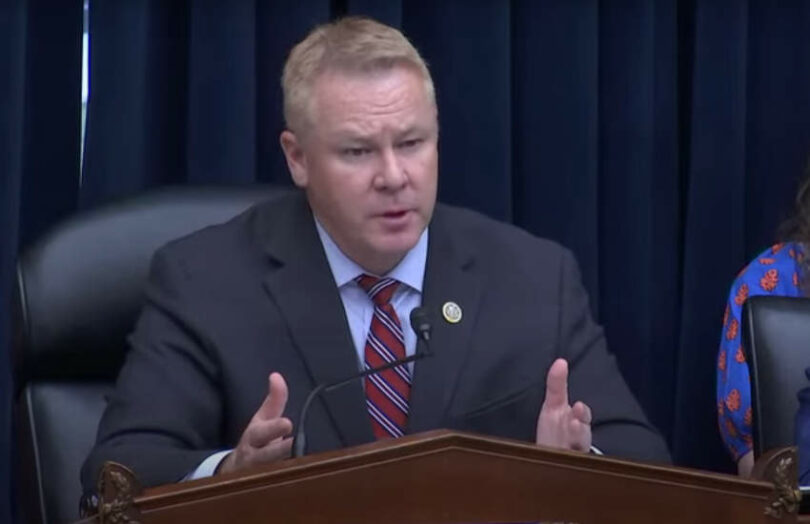Key Points:
- Congressman Warren Davidson has proposed legislation to ban the issuance of a central bank digital currency (CBDC) in the US.
- The proposal is motivated by concerns around individual privacy, concentrated power in the hands of the Federal Reserve, and risks of government overreach.
- Despite bipartisan interest in a digital dollar, the chances of such legislation advancing remain uncertain.

Republican Congressman Warren Davidson has proposed legislation in the House of Representatives that would impose a complete ban on the Federal Reserve issuing a central bank digital currency (CBDC). The congressman argues a digital dollar would endanger financial privacy rights and expand government surveillance capabilities.
Davidson’s bill comes as the Fed actively researches and develops a CBDC, intending to promote financial inclusion and maintain the dollar’s global dominance. However, the prospect of a digital dollar controlled by the central bank has raised alarm among policymakers and privacy advocates.
Congressman Warren Davidson’s Thoughts on CBDC
In announcing his proposed legislation, the congressman asserted that a CBDC would allow the government to track every transaction of individual Americans. Davidson warned this would contravene the Fourth Amendment against unreasonable searches and seizures. He argues a digital dollar is antithetical to American values of limited government and individual liberty.
The congressman also raised concerns that a CBDC would exclude traditional financial intermediaries and place the Fed directly in charge of individual bank accounts. This would concentrate excessive power into the hands of the central bank, according to Davidson. He maintains that individuals’ banking relationships should remain between private citizens and private banks.
While supporting continued research, the proposed bill would only allow the Fed to issue a CBDC directly to individuals with new authorization from Congress. However, the chances of such legislation advancing remain uncertain given growing bipartisan interest in a digital dollar. The Fed and Treasury have touted a US CBDC as critical for the future of the payments system.
Davidson maintains his effort is about putting necessary checks and balances on a powerful institution created by Congress. Along with privacy and surveillance threats, he contends there are far too many unknown risks and unintended consequences around CBDCs to allow the Fed unilateral authority to launch its digital currency.
Personal Note From MEXC Team
Check out our MEXC trading page and find out what we have to offer! There are also a ton of interesting articles to get you up to speed with the crypto world. Lastly, join our MEXC Creators project and share your opinion about everything crypto! Happy trading!
Join MEXC and Start Trading Today!



